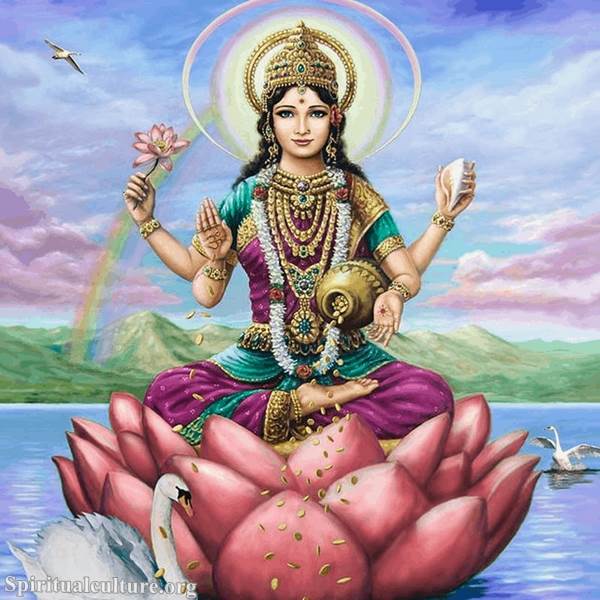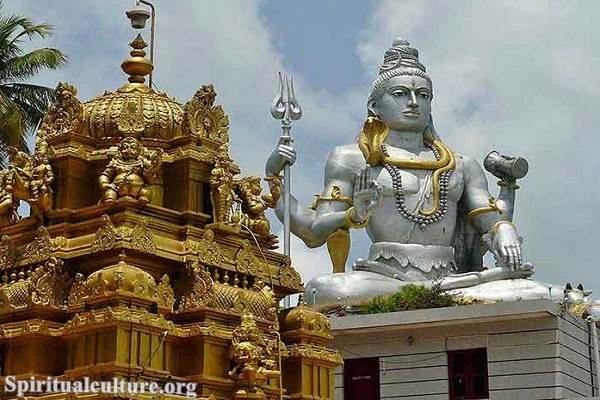Vegetarianism in Hinduism is not merely a matter of personal preference or physical health; it is a profound expression of sacred values. In this article, Spiritual Culture invites you to explore how this ancient tradition weaves compassion, purity, and cosmic harmony into every choice at the table.
In every culture, food is more than sustenance. It is memory, community, and meaning. In Hinduism, food becomes a spiritual bridge between the human and the divine. For centuries, many Hindus have embraced vegetarianism not as a diet, but as a form of spiritual discipline—an offering to the divine, a practice of non-violence, and a means to inner purification.
This article will uncover the spiritual heart of Hindu vegetarianism—its foundations, meanings, and transformative call. Whether you are a lifelong seeker or newly curious, we invite you to journey beyond assumptions and into the sacred depth of a simple plate of food.
The Spiritual Roots of Vegetarianism in Hinduism
Hindu vegetarianism is deeply rooted in sacred principles that transcend dietary laws. It arises from a cosmic vision of life itself—where all beings are interconnected, and every act carries spiritual weight.
Ahimsa: Non-Violence as a Way of Being
At the core of Hindu vegetarianism lies the principle of Ahimsa (non-violence). Derived from the Sanskrit “a-” (non) and “himsa” (violence or harm), ahimsa teaches that no being should be harmed unnecessarily.
Living the Mandate of Ahimsa
The Mahabharata states:
“Ahimsa is the highest dharma, ahimsa is the highest sacrifice, ahimsa is the highest self-control, ahimsa is the highest gift, ahimsa is the highest penance, and ahimsa is the highest truth.”
Choosing a vegetarian diet becomes, for many Hindus, an embodiment of this sacred duty. It is not only an act of kindness to animals but also a purification of one’s own heart and mind.
Sattva: The Pursuit of Purity and Harmony
Another foundation is the concept of Sattva—purity, balance, and clarity. Hindu philosophy, particularly the Samkhya system, describes three fundamental qualities (gunas) that pervade all things: sattva (purity), rajas (activity), and tamas (inertia).
Sattvic Diet and Spiritual Progress
A vegetarian diet rich in fresh fruits, vegetables, grains, and dairy is considered sattvic. The Bhagavad Gita (17:7-10) describes sattvic foods as those that:
“increase life, purify one’s existence, give strength, health, happiness, and satisfaction.”
By consuming sattvic foods, Hindus seek to nurture a mind that is peaceful, focused, and conducive to meditation and spiritual realization.
Vegetarianism as an Offering to the Divine
Food preparation and consumption in Hinduism are often acts of devotion.
Bhoga and Prasada: Sacred Nourishment
In temples and homes, food is first offered to the deity in a ritual called bhoga. After being blessed, it becomes prasada—sacred food imbued with divine grace.
Cooking with Reverence
The act of cooking itself is approached as a service to God. The kitchen is regarded as a holy place, and cooks often purify themselves through bathing, prayer, or meditation before beginning.
The choice to use only vegetarian ingredients in preparing bhoga stems from the desire to offer the purest and least harmful nourishment to the divine—an offering of gratitude, respect, and love.
Historical and Scriptural Foundations
Vegetarianism has ancient and powerful roots in Hindu scriptures and traditions.
Vedic and Upanishadic Teachings
The Rig Veda, one of Hinduism’s oldest texts, often speaks of cattle with deep reverence. While some Vedic sacrifices involved animal offerings, the spiritual trajectory of Hinduism increasingly emphasized non-violence and vegetarianism over centuries.
The Chandogya Upanishad (7.26.2) highlights the relationship between diet and mind:
“When food is pure, the mind becomes pure; when the mind is pure, memory becomes firm; and when memory is firm, there is liberation from all knots of the heart.”
Thus, dietary choices were linked directly to spiritual liberation (moksha).
Saints and Sages as Living Examples
Prominent spiritual teachers like Mahavira (founder of Jainism, deeply influencing Hindu thought), Adi Shankaracharya, and contemporary figures like Mahatma Gandhi championed vegetarianism as a way of spiritual refinement.
Gandhi famously said:
“The moral progress of a nation and its greatness should be judged by the way its animals are treated.”
For Gandhi, vegetarianism was a practical expression of non-violence and compassion.
Cultural Expressions of Vegetarianism
Across the diverse cultural landscape of India, vegetarianism manifests in rich and varied ways.
Temple Traditions
Some of the most famous Hindu temples, such as the Jagannath Temple in Puri and the Vaishno Devi Temple in Jammu, serve only vegetarian food as prasada to millions of pilgrims.
Festivals and Fasting
During holy periods like Navaratri or Ekadashi, many Hindus not only avoid meat but also abstain from onion, garlic, and certain grains, aiming for an even more purified diet to support prayer and meditation.
Regional and Familial Practices
In South India, temple traditions foster elaborate vegetarian cuisines that emphasize sattvic qualities, while in parts of North India, certain castes and communities have preserved vegetarianism as a generational family practice.
Ethical and Environmental Dimensions
Modern reflections on Hindu vegetarianism extend beyond personal spirituality to global ethical and ecological concerns.
Protecting Life and Resources
Vegetarianism aligns with Hinduism’s broader reverence for nature. The interconnectedness of all life is a central tenet, and many Hindus see reducing harm to animals and the environment as a spiritual obligation.
Studies show that vegetarian diets have a smaller carbon footprint, use fewer natural resources, and cause less environmental degradation than meat-based diets—an alignment with Hindu ideals of stewardship and respect for the Earth (Bhoomi Devi).
Challenges and Contemporary Choices
Despite its deep roots, Hindu vegetarianism faces challenges in today’s globalized and rapidly changing world.
Navigating Cultural Diversity
Not all Hindus are vegetarians, and practices vary widely based on regional, familial, and personal factors. Some communities historically consume meat, especially in regions where agriculture was difficult.
Rather than judgment, Hindu teachings encourage self-reflection and conscious choice. The essence lies not in rigid rules but in the spirit of awareness, compassion, and striving for greater harmony.
Vegetarianism Beyond Hinduism
Hindu vegetarianism has also inspired broader vegetarian and vegan movements worldwide. Yoga practitioners, interfaith groups, and environmental advocates often draw on Hindu insights about food, life, and non-violence in their ethical choices.
Beyond the Plate: A Life of Reverence
Vegetarianism, when embraced spiritually, becomes a training ground for a life infused with compassion, mindfulness, and humility.
Every meal becomes an opportunity to honor life. Every choice becomes a whisper of non-violence. Every offering becomes a step closer to the Divine.
Hindu vegetarianism is thus not merely about what is excluded from the plate, but about what is cultivated in the soul: a deeper connection to all living beings, a clearer mind, a tender heart, and a grateful spirit.
Reflect and Reimagine
Vegetarianism in Hinduism invites us into a sacred way of seeing the world—a world where every creature bears the spark of the Divine, where every meal can be a prayer, and where every act of kindness matters.
You don’t need to be Hindu to be touched by this vision. You don’t need to be fully vegetarian to begin walking the path of greater reverence.
Today, as you prepare your next meal, pause for a moment. Consider the life it represents, the earth it springs from, the soul it may nourish.
In that simple pause, you join a timeless, sacred rhythm—the heartbeat of compassion that pulses through Hinduism and, indeed, through all who seek a gentler, more loving world.


